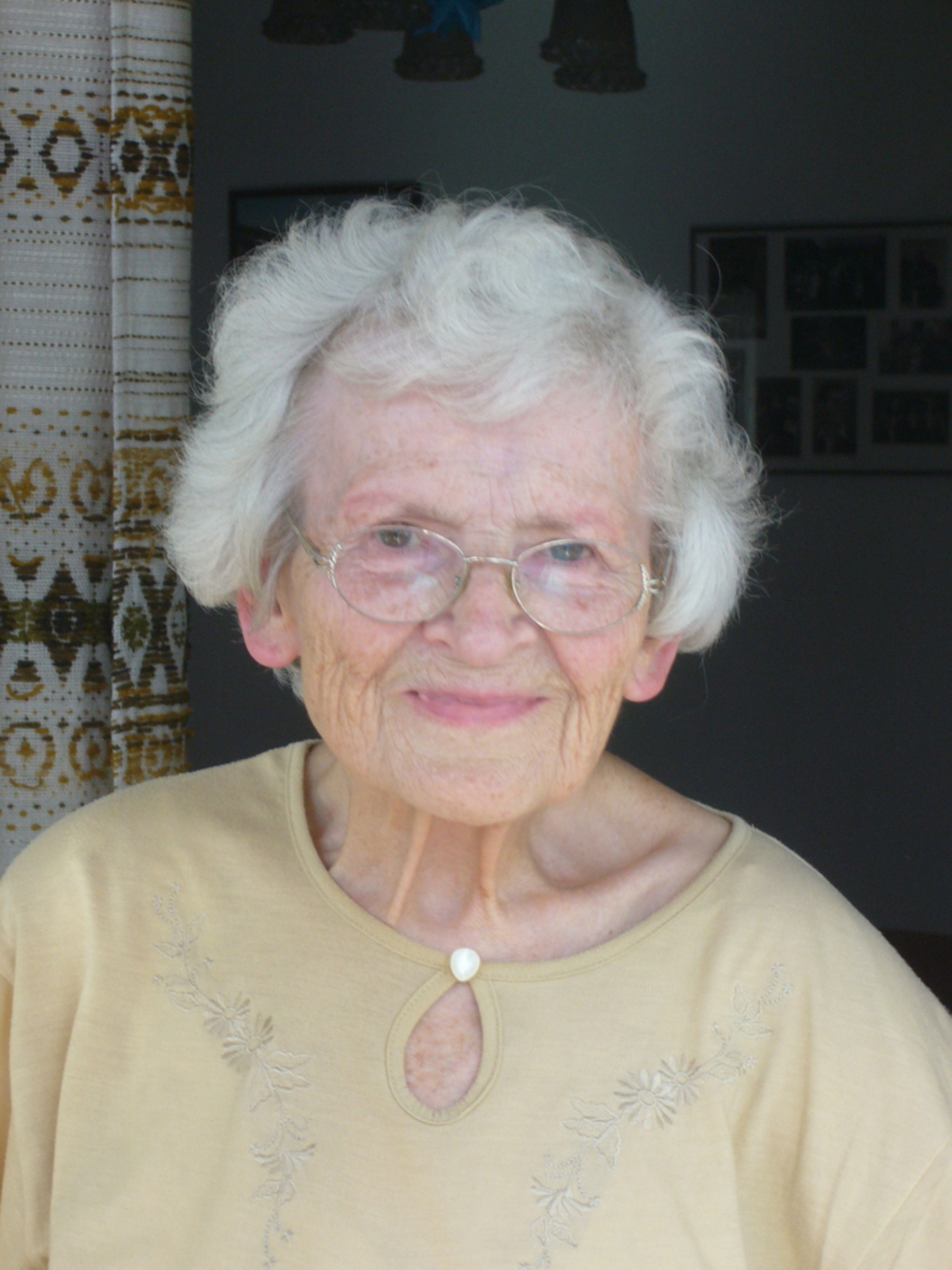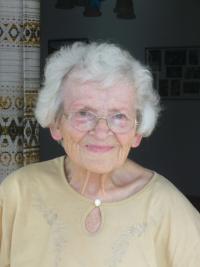I was glad when I saw Zlatý Chlum (Goldkoppe)

Download image
Inge Urbassek, born on 18th February, 1933, lived in Jeseník, in Kostelní street no. 160. The house no. 161 belonged also to the family. Inge is not married and has no children. Inge had a brother (born 1923) and a sister Friederike (born in in 1926). The father was an elementary school director for boys (today’s secondary school) in Jeseník. The mother was at home. Inge had a harmonious childhood. But this was interrupted by the war events. After mobilization in 1938 the family escaped to their uncle in Vidnava. They were afraid that a war breaks out. They came back after the invasion of the German troops. Before the end of war in 1945 they fled from Jeseník, this time to Ostružná. There they met the Russian army, but they were friendly. After the war there was little food for the Germans. They had to beg in shops. Sister Friederike had been forced to work in Olomouc since July 1945. She mostly did cleaning jobs and washed clothes. This lasted for about 7 months until February 1946. Her father was interned, ill-treated and severely injured in a prison camp because of his membership in the NSDAP. After his release, the family left Czechoslovakia with a transport. They moved to Kirchheim unter Teck in Germany. The father was allowed to work only as a helper. It was only after a few years later that he was allowed to teach again. Inge studied to become a druggist. Later she had her own business. She often came back to Jeseník with her sister. Both kept a strong sense of home towards the city.
